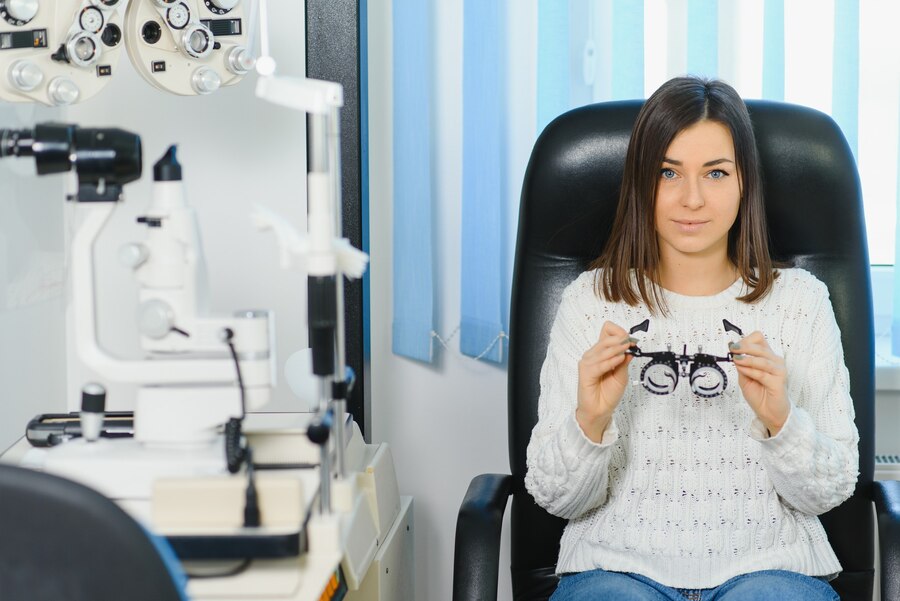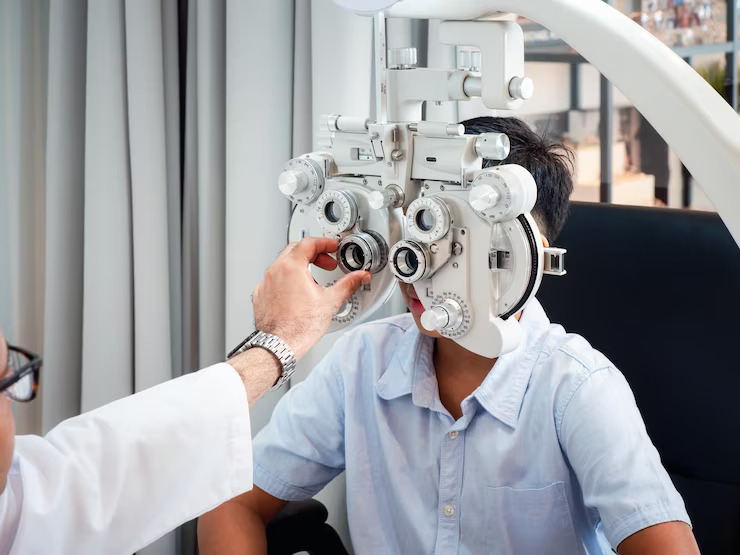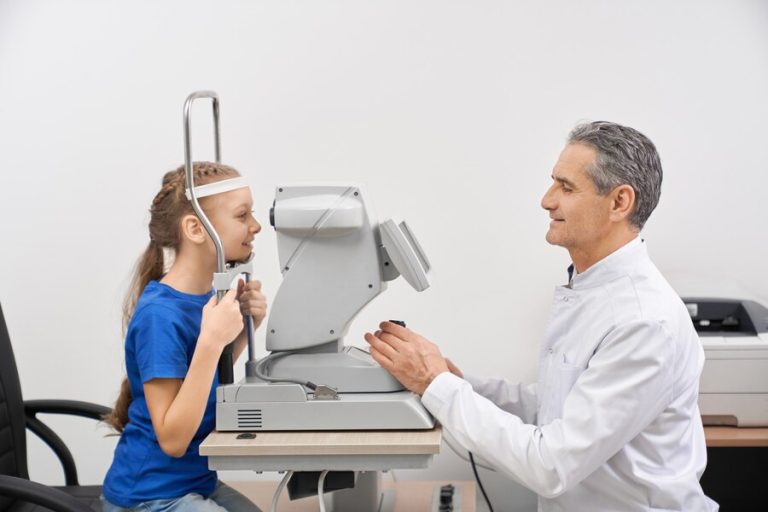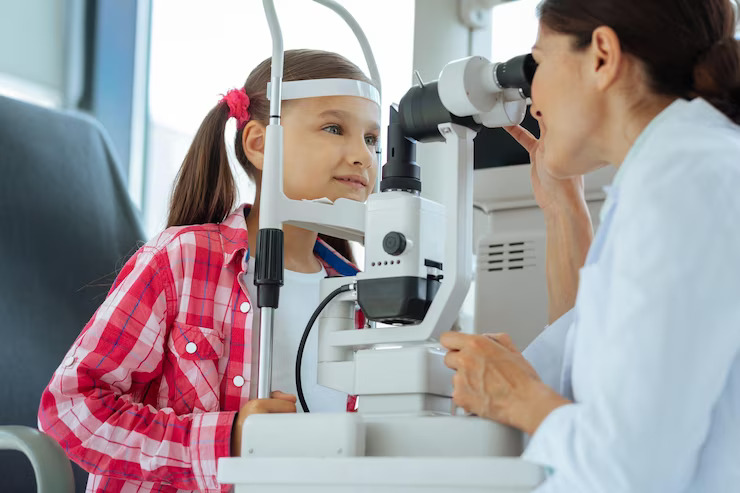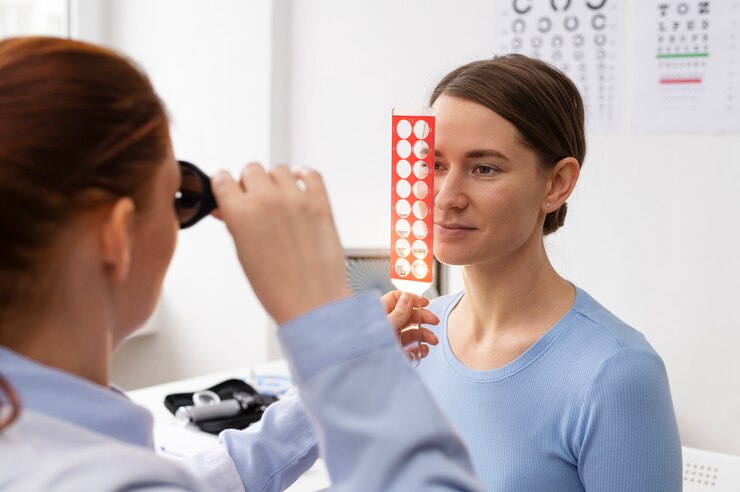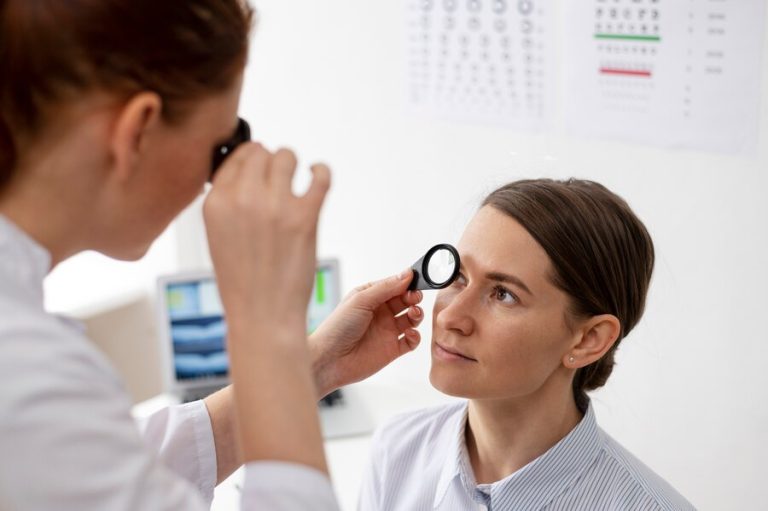The Importance Of A Complete Eye Examination: What You Need To Know
Our eyes are our windows to the world, allowing us to perceive the beauty around us and navigate through life’s challenges. However, many of us take our vision for granted, neglecting the importance of regular eye examinations in maintaining optimal eye health. In this article, we’ll explore the significance of a complete eye examination, why it’s essential for everyone, and what to expect during the examination process.
Understanding a Complete Eye Examination
A complete eye examination, also known as an eye check-up or comprehensive eye exam, is a thorough evaluation of the health and function of your eyes. It involves a series of tests and assessments conducted by an optometrist or ophthalmologist to assess your vision, identify any underlying eye conditions or diseases, and determine the appropriate course of action for maintaining or improving your eye health.
Key Components of a Complete Eye Examination
Visual Acuity Testing: Visual acuity testing measures your ability to see objects clearly at various distances. This typically involves reading letters or symbols on a standardized eye chart, such as the Snellen chart, from a specific distance. Visual acuity testing helps identify refractive errors such as nearsightedness, farsightedness, and astigmatism, which can be corrected with glasses, contact lenses, or refractive surgery.
Refraction Assessment: Refraction assessment determines the precise optical prescription needed to correct refractive errors and achieve clear vision. During this test, the optometrist or ophthalmologist uses a phoropter or trial frame to assess how different lenses affect your vision, allowing them to prescribe the most suitable corrective lenses for you.
Eye Health Evaluation: The eye health evaluation involves a comprehensive assessment of the structures and tissues of your eyes to detect any signs of eye diseases or conditions. This may include examining the external and internal structures of your eyes using specialized instruments such as a slit lamp biomicroscope, ophthalmoscope, or retinal camera. Common eye conditions that may be detected during the eye health evaluation include cataracts, glaucoma, macular degeneration, diabetic retinopathy, and dry eye syndrome.
Intraocular Pressure Measurement: Intraocular pressure measurement, also known as tonometry, assesses the pressure inside your eyes. Elevated intraocular pressure can be a sign of glaucoma, a serious eye disease that can lead to vision loss if left untreated. Tonometry helps detect and monitor changes in intraocular pressure, allowing for early detection and management of glaucoma.
Visual Field Testing: Visual field testing evaluates your peripheral vision or side vision. It helps detect abnormalities or defects in your visual field, which may indicate conditions such as glaucoma, optic nerve damage, or neurological disorders. Visual field testing is particularly important for monitoring the progression of glaucoma and assessing the impact of treatment interventions.
Why Regular Eye Examinations Are Important
Early Detection of Eye Diseases: Many eye diseases and conditions, such as glaucoma, macular degeneration, and diabetic retinopathy, develop gradually and may not cause noticeable symptoms in the early stages. Regular eye examinations allow for early detection and treatment of these conditions, reducing the risk of vision loss and preserving sight.
Correction of Refractive Errors: Refractive errors such as nearsightedness, farsightedness, and astigmatism are common vision problems that can be easily corrected with glasses, contact lenses, or refractive surgery. Regular eye examinations ensure that your prescription is up-to-date and that your corrective lenses are providing optimal vision correction.
Monitoring Eye Health: Regular eye examinations are essential for monitoring the health of your eyes and identifying any changes or abnormalities that may require further evaluation or treatment. Conditions such as cataracts, glaucoma, and macular degeneration can progress over time, but early intervention can help slow or prevent vision loss.
Overall Health Assessment: In addition to evaluating your vision and eye health, eye examinations can provide valuable insights into your overall health and well-being. Certain systemic conditions, such as diabetes, hypertension, autoimmune disorders, and neurological diseases, can affect the eyes and may be detected during a comprehensive eye examination.
Lifestyle and Vision Care Recommendations: Optometrists and ophthalmologists can provide personalized recommendations and advice for maintaining healthy vision and preventing eye problems. This may include lifestyle modifications, dietary changes, protective eyewear, and strategies for reducing eye strain and fatigue.
When to Schedule a Complete Eye Examination
The frequency of eye examinations depends on your age, risk factors, and overall eye health. As a general guideline, adults should undergo a comprehensive eye examination at least once every two years, or more frequently as recommended by their eye care provider. Individuals with pre-existing eye conditions, systemic health conditions, or a family history of eye diseases may require more frequent monitoring and follow-up appointments.
Conclusion
In conclusion, a complete eye examination is a vital component of proactive eye care and overall health maintenance. By undergoing regular eye examinations, you can detect and address potential vision problems and eye diseases early, optimize your visual acuity, and preserve the health and function of your eyes for years to come. Don’t wait until you experience vision problems or symptoms of eye disease – schedule a comprehensive eye examination today and invest in the health of your eyes and your future well-being.
For any further queries, Plz visit drvivekgarg. in

